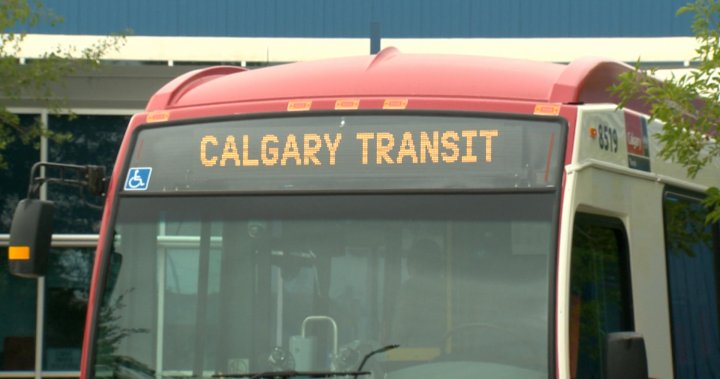100%. It's mean and cheap and has no reason to exist. Would any other customer facing business work this hard to make it difficult for customers to pay? Amazon patented one-click ordering in 1999; it was a 'game changer'. Here's the process for buying a transit ticket - once you have gone through the process of setting up your credit card in the app:
- Open app
- Click "buy ticket"
- Click "adult single ticket" (add clicks if you want to change person type)
- Click to accept ticket rules
- Click to select number of tickets (at least one is the default)
- Click proceed to payment
- Click place order
- Enter your CVV (3 numbers)
- Click to activate ticket
- Click to activate ticket
- Click to activate ticket, no really, you have to click three times to activate a ticket. I only have to click OK twice to format my hard drive.
And if you're not a frequent user of transit (aka a potential customer that can be won over with a good experience), you have to go through all the purchase clicks every single time because the ticket expires in such a ridiculously short time. I'd be happy to buy 10 at a time and risk a ticket expiring if I had a year to make that happen; but a week?
It's not a technical problem; I looked through a dozen major/relevant agencies that use the same Transit app that CT does; about half of them don't have any mention of expiry -- and perhaps that means that they don't expire their tickets. Of the ones that do mention it:
Pittsburgh, Denver - 45 days
Salt Lake City - 90 days
Cleveland, Columbus, Cincinnati (and other Ohio agencies) - 180 days
Saskatoon - 365 days
York Region ON - tickets "never expire"
There are other best practice things that we could and should do like fare caps -- rather than buying passes in advance





